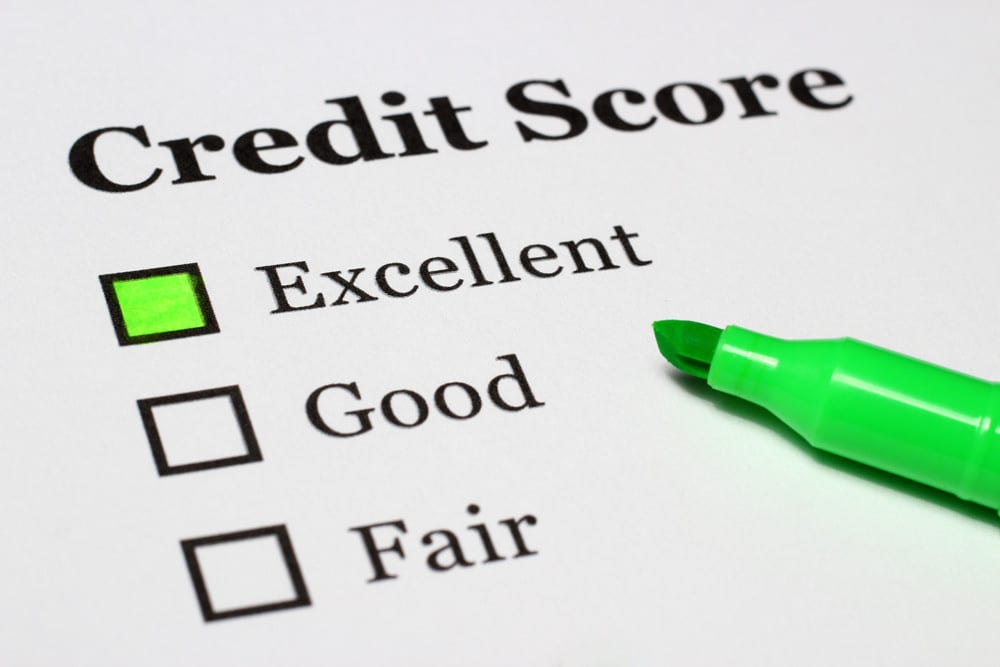It is important to know where you stand and try to improve it if you can, and that’s why good financial literacy is key.
Owning a home is part of the American dream for many, representing an important goal in one’s life. It is a sign of stability and financial success. However, you must note one of the crucial factors in making this dream a reality- your credit score. These three-digit numbers have been increasingly important in influencing mortgage approvals, interest rates, and loan terms.
As important as saving for a down payment, understanding and managing your credit score can be the key to unlocking the door to homeownership. A good score means better options and potentially saving you thousands over your mortgage’s lifetime.
Let’s explore how credit scores affect your goal of homeownership, whether you are a first-time or repeat homebuyer. Understanding how it works will help you navigate the vitality of secure financing.
Understanding your credit score for home loans
Your credit score shows how well you manage your financial obligations. In the US, most people use FICO scores, which range from 300 to 850. This number comes from your credit history, and it’s important when you want to buy a house because it affects whether you can get a loan and how much it’ll cost you.
Here’s a quick look at what different scores mean:
- 300-579: Most lenders will reject you. If approved, expect very high interest rates and large down payments.
- 580-669: You’ll likely qualify for FHA loans. Conventional loans are possible but with higher rates and fees.
- 670-739: You’ll get approved for most loans. Interest rates will be average to good.
- 740-799: You’ll easily qualify for loans with low interest rates and have negotiating power with lenders.
- 800-850: You’ll get the lowest interest rates available and qualify for the largest loans with the best terms.
Your credit score’s impact on homebuying
Your creditworthiness is a key factor when you’re looking to buy a home, so it is important that you do your part to improve your credit score. It affects several important aspects of the home-buying process.
Rental applications
When you’re trying to rent a place, your credit score can make a difference. Landlords often look at it to decide if they want you as a tenant. If your score could be better, you might have a harder time getting approved or have to pay more upfront. On the other hand, a good score can make things easier. It might help you get the place you want without extra hassle.
Housing options and lease terms
Your credit score can change what places you can rent and how your lease looks. If you want to live somewhere good, the landlord might have to check your creditworthiness. A better score could give you more options, like how long your lease is or what rules you must follow, which could depend on your credit.
Mortgage approval and interest rates
Your credit score can affect how much your house costs you. Banks look at it to decide if they’ll give you a loan and how much interest to charge. If you’ve got a good credit score, you’re more likely to get approved and pay less interest. This matters because it affects how much you’ll pay monthly for your mortgage. Over the years, a lower interest rate can save you thousands on your home loan.
Loan options and down payments
Credit scores can open or close doors when looking for a home loan. If your score is good, you’ll have more choices to pick a loan that works best for you. Your score also affects how much money you need to put down upfront. Some lenders might ask for a bigger down payment if your score could be better. They do this to feel safer about lending to you.
Homeownership options for lower credit scores

Even if your credit score isn’t perfect, you can still become a homeowner. There are several loan options designed for people with lower credit scores:
FHA loans are government-backed and accept credit scores as low as 500, although a larger down payment is required for scores under 580. VA loans, available to military members and veterans, do not have a minimum credit score requirement. USDA loans assist low-income buyers in rural areas and also do not have a specified minimum credit score.
Similarly, the Defence Home Ownership Assistance Scheme (DHOAS) supports Australian Defence Force (ADF) members in Australia.
Conventional loans typically require a score of at least 620, but some lenders might go lower. Non-conforming loans, for unique situations, might work with scores as low as 500.
The key is to shop around. Different lenders have different rules, so talk to several. Be prepared that you might face higher interest rates or need a larger down payment than someone with excellent credit.
Summing up
Your credit score plays a big role in your plans for where you live, whether you plan just to rent or buy a home. Good credit can make things easy, but don’t worry if your score could be better. There are still alternative ways to find a home. Some different loans and lenders cater to and work with various credit scores.
It is important to know where you stand and try to improve it if you can, and that’s why good financial literacy is key. Learn how your credit affects your housing choices. This way, you can make smart decisions about finding a place to live. Remember, your credit score is like a key. It can open doors to better housing options.


Join the conversation!